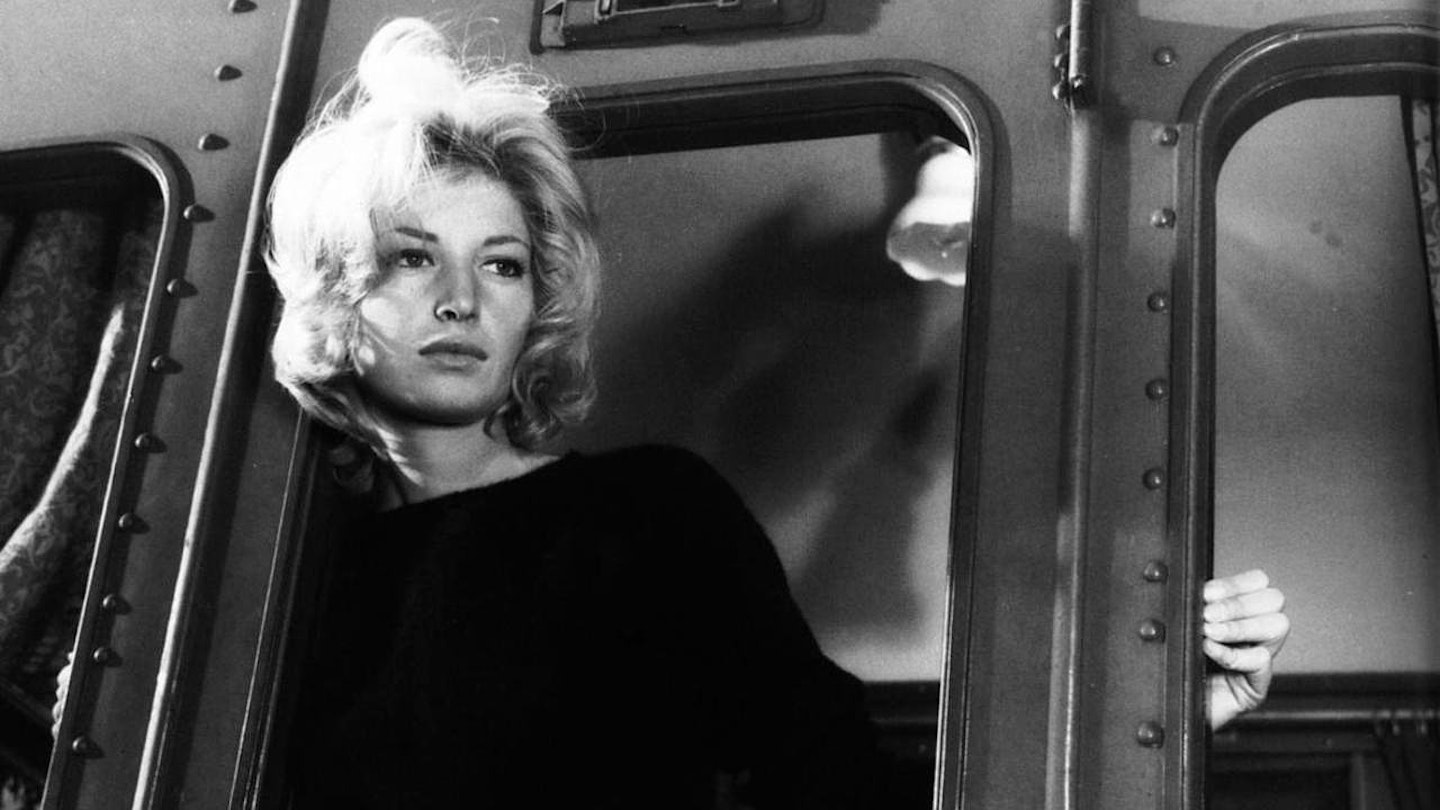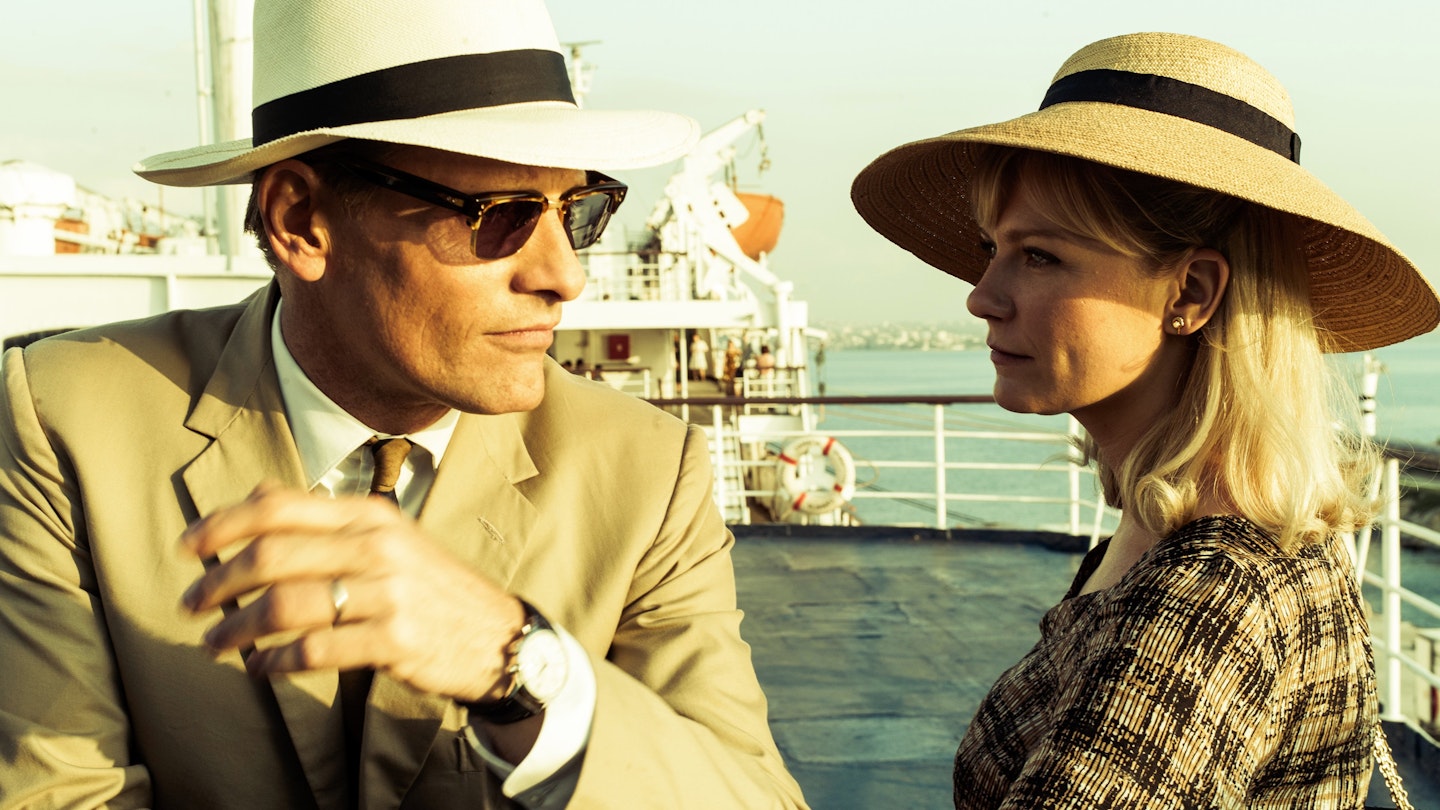When L'Avventura premiered at Cannes in 1960, it was greeted with howls of derision for its seemingly wilful obscurantism. Yet 35 critics rallied to Michelangelo Antonioni's cause and published a defence which slowly began the film's elevation to acceptance as a masterpiece of European art cinema.
Despite struggling with budgets and having to shoot out of season, Antonioni had succeeded in fashioning a new filmic language that bound image and meaning ever more closely together, just as the characters were so intrinsically linked to the landscape of the volcanic Aeolian Islands. Evidence of this evolving methodology can be detected in both Le Amiche and Il Grido, but they couldn't match the austerity of L'Avventura, which saw the narrative reduced to near-insignificance and the fate of the characters left so resolutely unresolved.
Such was his indifference towards Lea's fate and the status of Sandro and Claudia's relationship that Antonioni denied the audience the orthodox opportunities of identifying with them. Every bit as lost as Lea, the searchers scarcely communicate and their lack of inter-action forces the viewer to abandon their traditional attachment to the stars and take a more intellectual approach to the meticulously measured proceedings. In other words, Antonioni was forcing us to contemplate the physical and metaphorical manner in which these determinedly modern figures have become so detached from the world around them that all they have to console themselves are their materialism, anxiety, boredom and alienation.
He did this by setting them within a barren, hostile environment in a way that emphasised their isolation. So, in spite of its title, this was anything but an adventure, as the search for Anna rapidly became an irrelevance as Antonioni became inceasingly preoccupied with the party's social dislocation and, in the process, he created a kind of chic realism which exploited the harsh poetry of the location to express the characters' moral and spiritual poverty.

